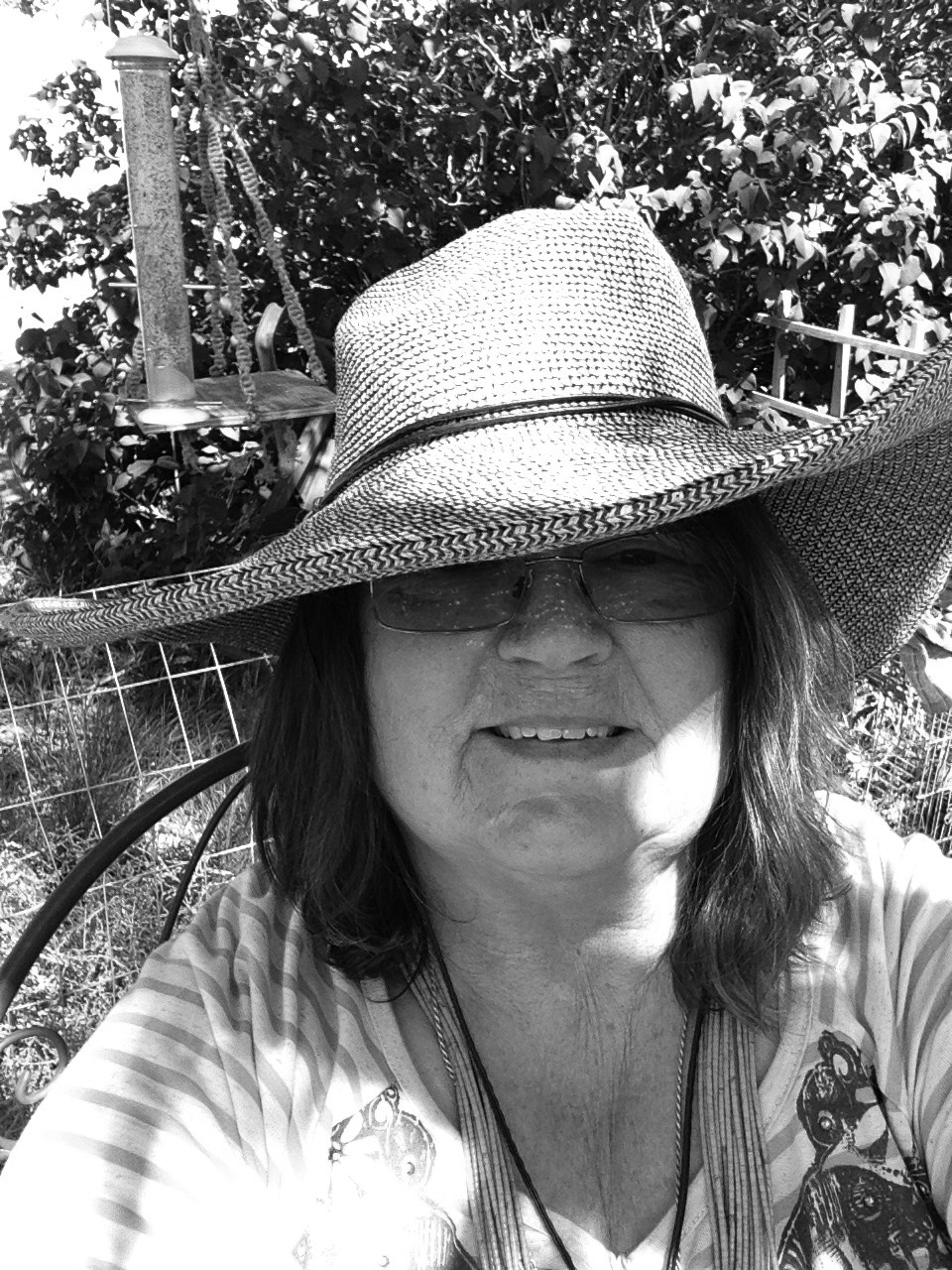Climate change lessons and daily choices

In a September 13, 2020 Barron’s article by Jennifer R. Marlon, we learn about how climate changes are shifting our lives. A research scientist at Yale University, Marlon reported that there are already seven ways that we as U. S. citizens are paying for climate change, whether or not we believe climate change is real. (See the article at: https://www.barrons.com/articles/7-ways-youre-already-paying-for-climate-change-51599995430)
Obviously, climate change is altering our lives because sea levels are rising. We’ve all seen cities in Florida dealing with streets underwater with just a slight change of the ocean tides. Along with my family in the Gulf Coast of Texas, I’ve experienced hurricanes before; but like Ike, these weather events are more numerous, wicked, windy, and wetter than ever before. Over 30 storms were named in the 2020 season. This year so far, 14 storms have been named. Who can forget Katrina? Remember Ike? This year too brought flooding to Houston and parts of Louisiana again.
We’ve seen footage of ice shelves the size of San Francisco cracking off glaciers. On September 15, 2020, CBS News reported, “A 42 mile stretch of Nioghalvfjerdsfjorden, the Arctic’s largest remaining ice shelf, has broken off and shattered near Greenland, according to the Geological Survey of Denmark and Greenland (GEUS). Nioghalvfjerdsfjorden has lost over 60 square miles of area since GEUS’ 1999 survey.”
In the 1970s, Portage Glacier outside Anchorage, Alaska used to reach the Portage Highway. I remember driving out to the edge of the highway and nearly touching the outcrop. Now the glacier has melted, shifted and thinned due to climatic highs and retreated from the highway exposing the huge Portage Lake.
Suffering from allergies is another clue about climate change. Allergists report that as the temperatures rise, pollen and airborne allergens are expanding.
With fossil fuels being used, as well, chemicals in the air are increasing. Marlon writes in his 2020 article, “Hurricane Laura hit the coast of Louisiana in August as a Category 4 storm, tying Louisiana’s record for strongest winds at landfall; fifteen people died. Unprecedented wildfires across the West have killed at least 22 people in California, destroyed hundreds of homes, and consumed more acres in one day alone in Washington State than burned in the past 12 fire seasons. In states both with and without hurricanes and wildfires, mid-summer was marked by suffocating, record-breaking heat, which ended dramatically this week as temperatures plummeted 40 degrees in Utah and 60 degrees in Colorado in less than 24 hours (a swing so large only occurred in winter historically).”
She says the seven ways we are experiencing outcomes of climate change are: 1) insurance premiums are growing higher and higher, 2) public spending because of natural disasters is increasing, 3) grocery prices are increasing—we’ve seen this ourselves as we shop our local food stores, 4) students are missing school because of natural disasters more and more, 5) laborers in larger and larger numbers are losing work wages, “Lost wages from reduced productivity due to extreme heat are projected to cost U.S. workers $160 billion annually by 2090.” 6) Medical costs are increasing, 7) complete communities—people’s lives, homes businesses— are being destroyed by wildfires.
Marlon’s words in summing up are: “We’re already paying for climate change, and it’s only going to get more expensive unless we act. Damages will only increase faster if we continue to delay cutting the carbon dioxide pollution causing global warming. . . . Policies can improve energy efficiency, speed our transition from fossil fuels to renewable energy, and require companies to limit the amount of pollution that they produce. However, these changes won’t happen fast enough to reduce global warming without government action. . . . The sooner we act the less it will cost in the long run.”
It is a stark reality we are facing, and our lives are shifting. We must save Mother Earth. Individually, we can make a difference. Use LED light bulbs. Drive less. Select solar or wind power. Choose renewables rather than fossil fuel as part of our monthly energy consumption. Support Build Back Better. Change begins with each of us.



